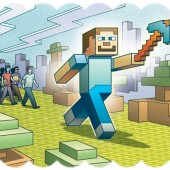
With myriad adaptations for use in the classroom, MinecraftEdu brings Common Core–enhanced gaming to students.
June 30, 2025
On Libraries and New Media, powered by Library Journal and School Library Journal

With myriad adaptations for use in the classroom, MinecraftEdu brings Common Core–enhanced gaming to students.
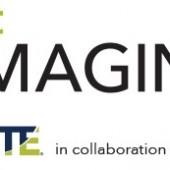
Educators encourage their students to head online for digital resources that enhance their classroom learning. Now it’s time for them to do the same.
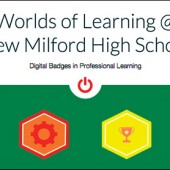
Even teachers need a little acknowledgment for learning new skills, according to library media specialist Laura Fleming. Through her site, Worlds of Learning, Fleming is offering teachers at her school and beyond the opportunity to earn digital badges—honors that can be posted online—for mastering digital literacy in various areas, from QR codes to video editing.
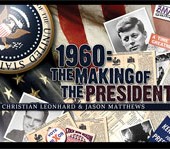
Christopher Harris believes that board gaming is a strong contender to become the “Next Big Thing” in schools. Yet no sector of education has laid claim to it. Could libraries be the place where gaming flourishes?
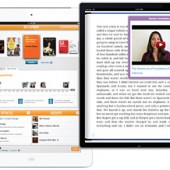
The ability for teachers and students to embed their own content into digital texts, write notes, and get feedback on student reading—classroom reading just got a lot more dynamic. SLJ columnist Jeff Hastings test driives Gobstopper and Subtext.
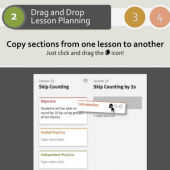
Ready or not, here they come. At almost every school I visited this year, teachers asked me to address the Common Core (CC) standard in my workshops. Planning lessons with CC in mind presents a challenge, but it doesn’t have to be difficult. These sites are designed with the express purpose of helping plan lessons around Common Core.

From the Hunger Games, the Common Core, and maker spaces, to Gangnam Style and the ongoing ebook wars, a look at the highlights and key themes of 2012, according to Twitter.

How will schools pay for new CC resources, including digital? One approach is to look for existing funds within your school and district that can be redirected so that your library can purchase CC resources for the classroom. But that requires that libraries market their expertise in resource selection and collection development so that your value is obvious to others, says Christopher Harris.

The E-Rate program, which is responsible for the funds dedicated to connecting schools and libraries to the Internet, is unable to keep up with high demand., and schools’ needs are only becoming more urgent with the advent of the Common Core Standards.
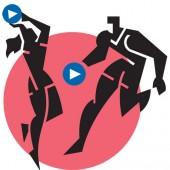
Under Common Core, students will be writing scripts, reviewing books, making public service announcements, and creating other content, all using video. For schools, this presents a technical challenge: Where to host all this video? SLJ columnist Christopher Harris has found a solution.
Copyright Media Source Inc. © 2025